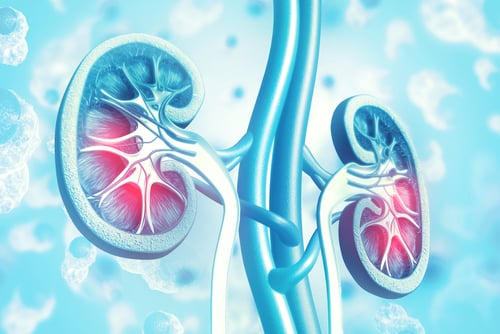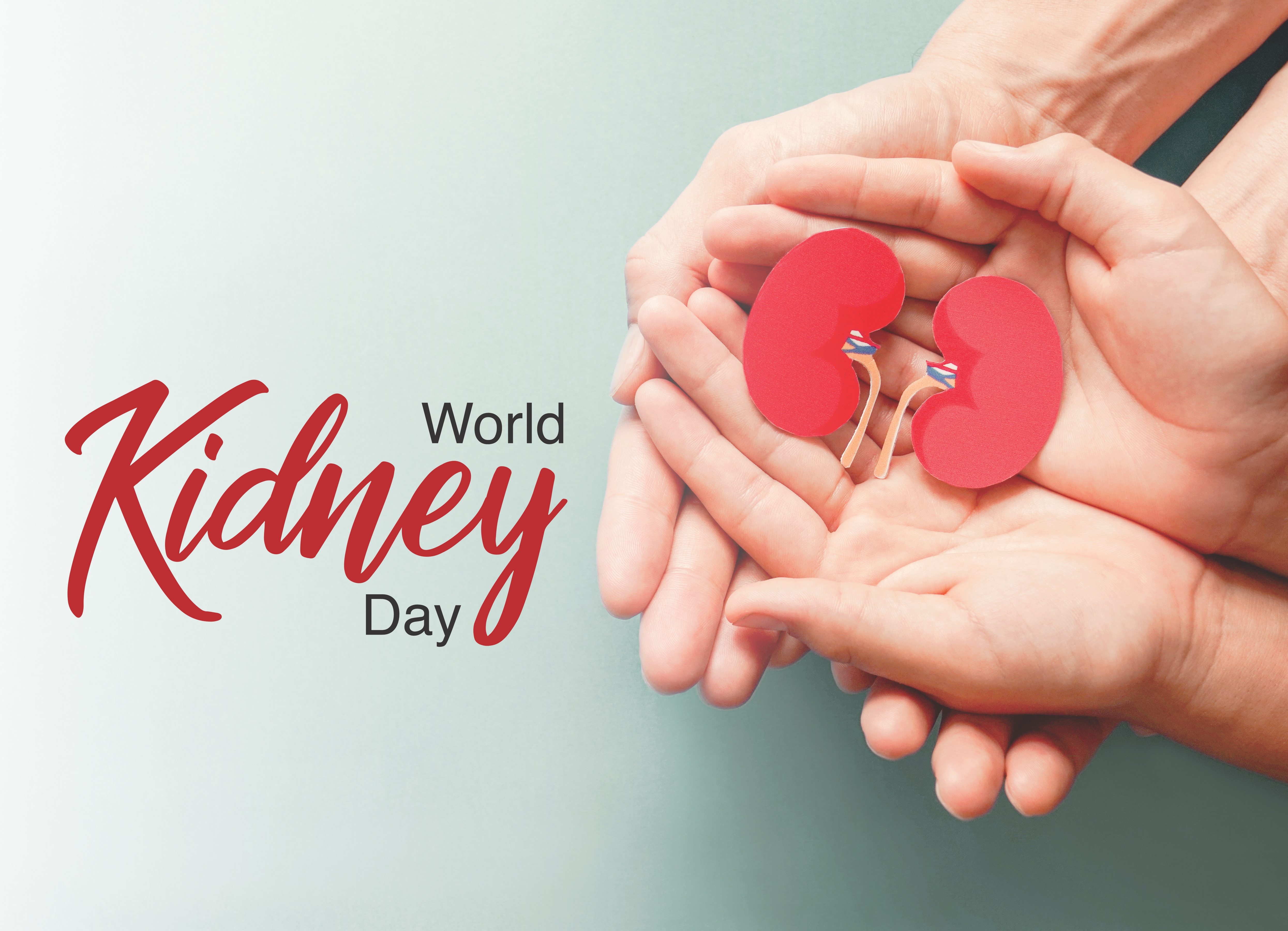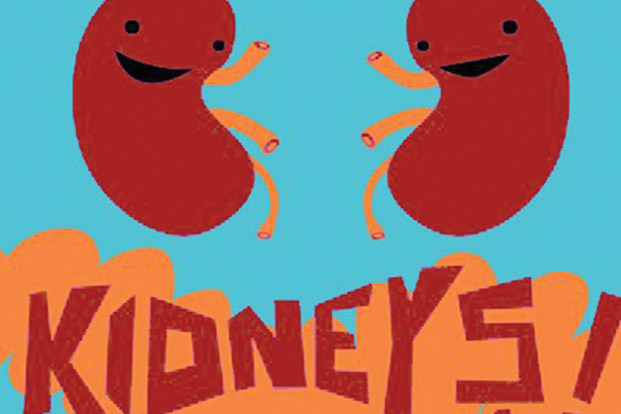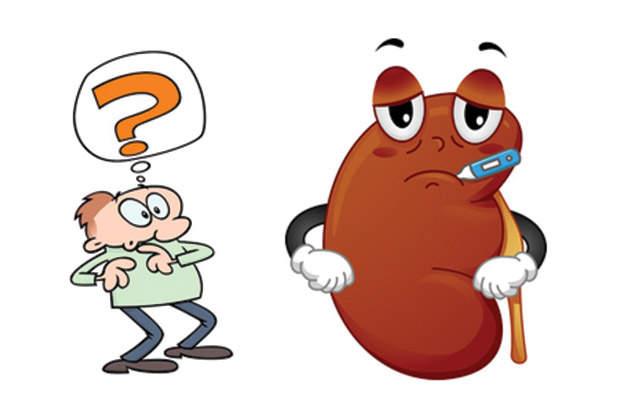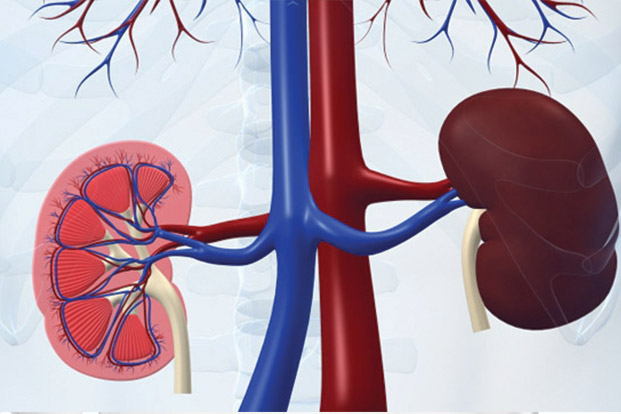What Causes Kidney Failure, and What can be Done to Prevent it from Happening
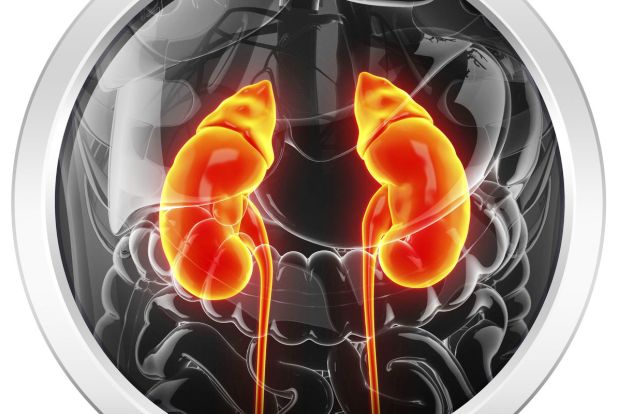
Apr 19, 2022
Individuals, who are at risk of suffering kidney failure, generally have one or more than one reasons compounding towards the disease. If you have a family history of chronic kidney disease, it is important for you to know about the signs and symptoms associated with the disease. Early detection, timely treatment, and prevention are essential and necessary. You can consult your local doctor or a nephrologist – kidney specialist for the same.

Causes of Chronic Kidney Disease and Kidney Failure:
Loss of the blood flow to kidneys
Sudden loss of blood flow to kidneys could prompt kidney failure. Some conditions and diseases which lead to loss of blood flow to kidneys are:-
- Heart attack
- Scarring of liver or a liver failure
- Heart disease
- Dehydration
- An allergic reaction
- A case of severe burn
- Severe infection like sepsis
High blood pressure & anti-inflammatory medications could also restrict the flow of blood.
Urine problems
When our body cannot eliminate the urine, toxins get built up & they overload our kidneys. Cnecers could block the passageways of urine. They include prostate, colon, bladder and cervical cancers.
Other conditions
These conditions could interfere with the urination & also possibly result in kidney failure including:-
- An enlarged prostate
- Kidney stones
- Blood clots in urinary tract
- Damage to nerves controlling our bladder
Other causes
Some conditions and diseases could result in kidney failure:
- Blood clot around or in our kidneys
- Overload of toxins from the heavy metals
- Infection
- Alcohol or drugs
- Lupus or an autoimmune disease which can result in inflammation of several organs of body
- Vasculitis or an inflammation of the blood vessels
- Glomerulonephritis, or an inflammation of small blood vessels of kidneys
- Multiple myelomas or a cancer of plasma cells in our bone marrow
- Hemolytic uremic syndrome that involves breakdown of the red blood cells following some bacterial infection, generally in the intestines
- Scleroderma or an autoimmune disease which affects our skin
- Chemotherapy drugs or medications which treat cancer & some autoimmune diseases
- Thrombotic thrombocytopenic purpura which is a disorder that leads to blood clots in small vessels
- Dyes used for some imaging tests
- Uncontrolled diabetes
- Certain antibiotics
Prevention of Kidney Failure
There are certain steps we can take for lowering our risk of a kidney failure.
We shall follow directions if taking over-the-counter medicines. Taking very high doses could create high levels of toxins in short time which can overload our kidneys. Whenever possible, we shall restrict our exposure to chemicals like household cleaners, pesticides, tobacco and the other toxic substances. Many urinary tract or kidney conditions result in kidney failure if they are not properly managed. We shall follow our doctors and always take the prescribed medication and maintain a good healthy lifestyle.

